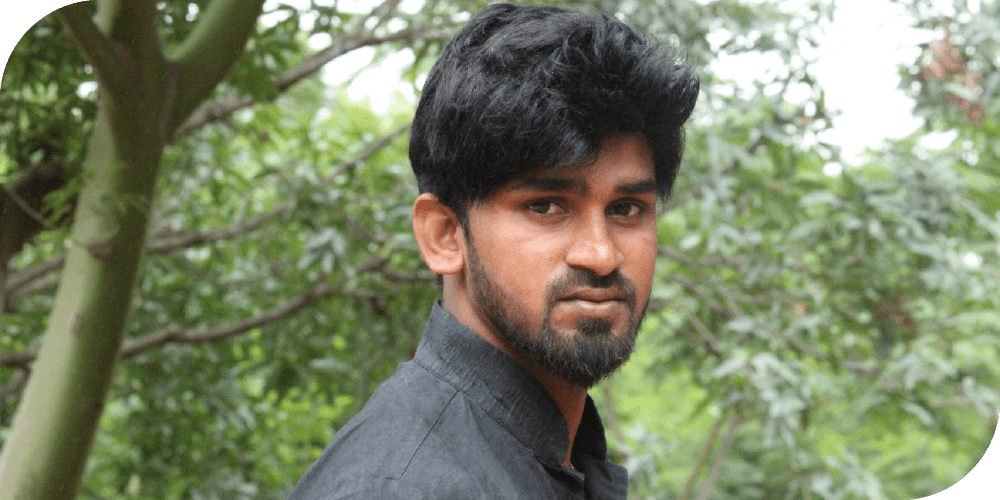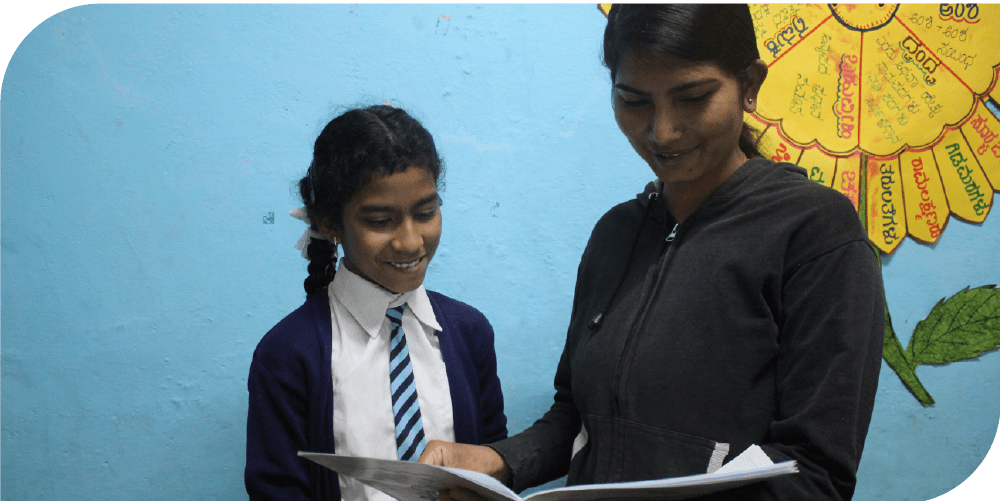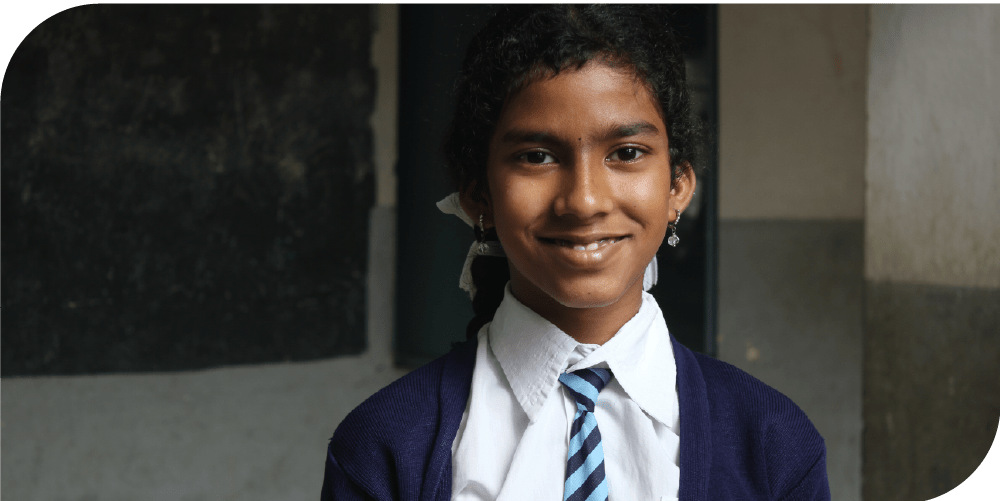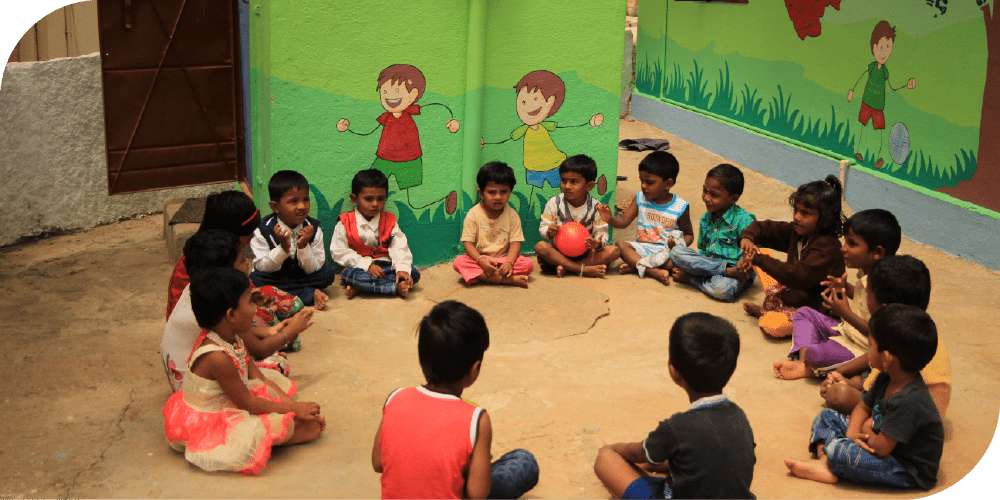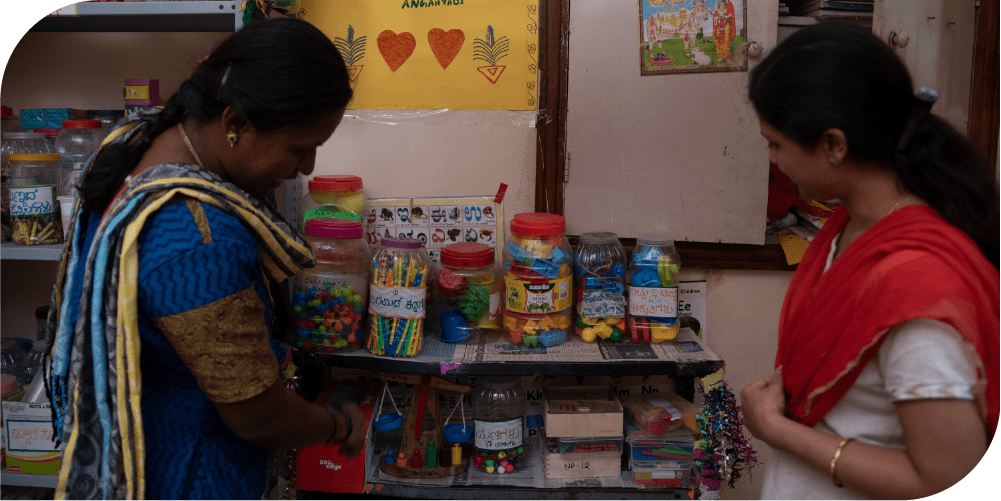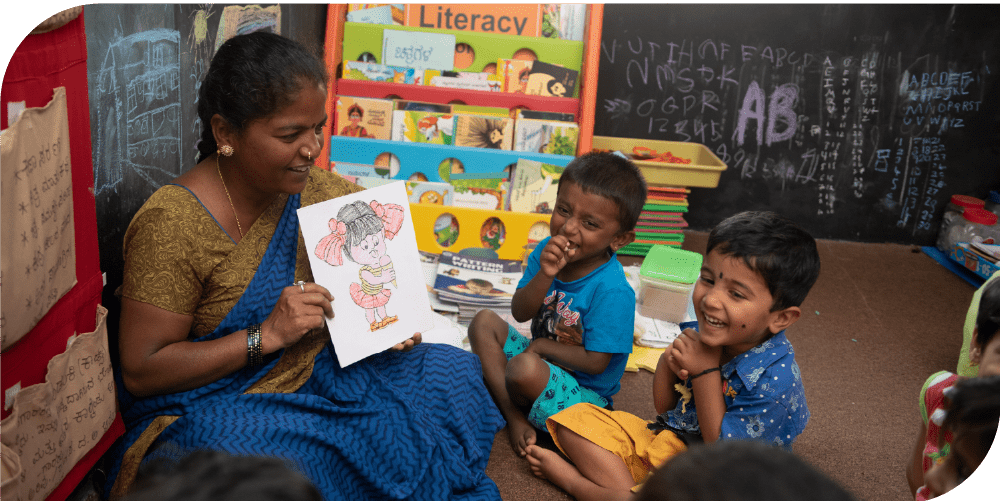Helping children dream and learn
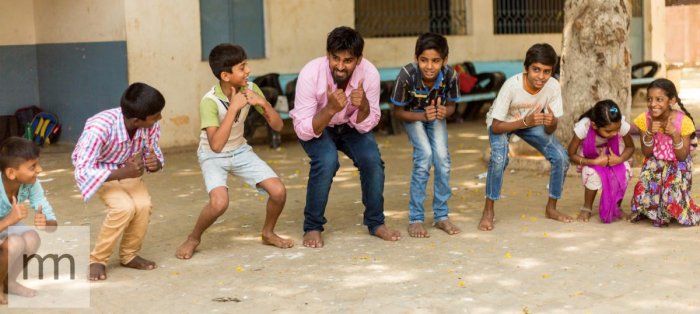
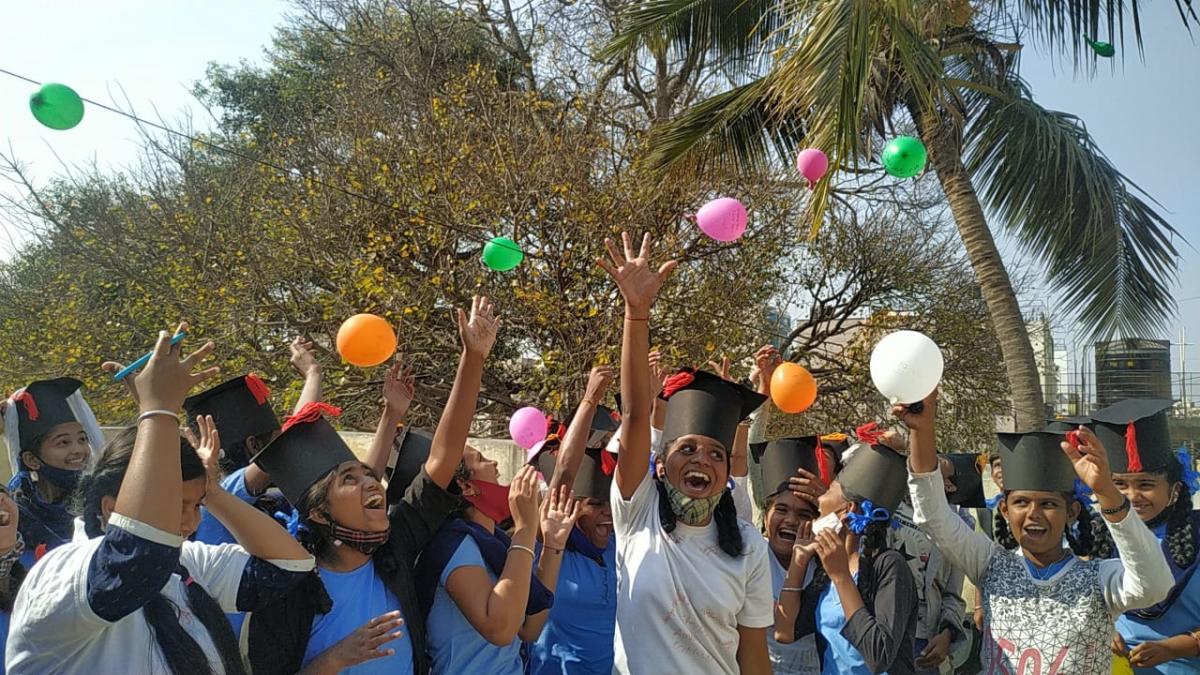
The Sharada Sthree Samaja in Kumara Park, Bengaluru is bright and cheerful with the laughter of children. On a Saturday at 3 pm, about twenty kids have gathered here to do homework or play. Four student volunteers are involved in engaging the children and helping them out.
The children from economically deprived communities in Seshadripuram call the space a tuition centre. Facilitators here help children with their studies after school and also engage them in various activities.
Started in 2003, Makkala Jagriti (MJ), a non-governmental organisation, currently has five such community centres in Bengaluru, two of which focus on teens who are in Class 10.
For Mahesh, 16, the space has enabled learning and encouraged him to nurture his ambitions. After scoring 79% in SSLC, now he has taken up science in PUC.
Rakshya, now in II PUC (commerce), aspires to be a bank manager. She says the Valluvapuram centre helped her continue learning through Covid, by way of revisions through online classes. This helped her clear her SSLC with 81%.
For the community, this is a great change as girl children would often drop out after puberty and others discontinued their education due to lack of guidance.
These centres started out as spaces for learning but soon transformed into spaces where children discover themselves and envision their futures — a space for holistic learning.
The concept was then extended to government schools and Anganwadis five years ago. Now, the programme covers about 75 government schools, 67 Anganwadis and 27 government childcare institutions. Facilitators are assigned to each school and they ensure the holistic development of children and employ different learning models.
Premalatha, a teacher working in a government primary school in Malleshwaram, says, activity workbooks for Classes 1-7 helped with the comprehensive development of children through the social, physical, intellectual, creative and emotional development model (SPICE model) developed by MJ’s internal programme team.
“This book turned out to be useful during Covid. Kids were able to learn something sitting at home,” says Prasanna D R, who was a Cluster Resource Person for the Vasanthapura schools.
Most government schools are short-staffed and teachers are not really able to concentrate on co-curricular activities. “That is where Makkala Jagriti helps,” he adds.
During Covid, the NGO formed virtual groups across Karnataka, coordinating programmes for Anganwadis. In 19 years, their work has spread to 13 districts.
Paying forward
Joy Srinivasan, the founder of Makkala Jagriti, saw the prejudices and discrimination in education for poor children when she was a child herself. She believes that the birthplace of children should not limit them.
After a difficult childhood, she overcame all odds, charting a successful career as a behavioural science professional and international trainer. To help other children overcome adversities, she started the NGO in Adugodi.
Mahesh Andani, now a training manager for a smartphone company, started coming to the Adugodi centre in 2010. “Coming from a vulnerable background and entering a competitive corporate space is not easy,” he says. A welcoming space, non-judgemental facilitators and experiential learning were factors that contributed to his growth.
The NGO today has 117 employees. Corporate volunteers and interns work with the NGO on a regular basis.
Sugandhi, a community coordinator, has been working with MJ for the past eight years. On a typical day, she visits the communities to talk to parents and identify issues that would affect children. If a child has a difficult home environment, she tries to counsel the parents.
Coordinators try to enrol children dropping out of private schools into government schools to stop them from discontinuing education. In the evening, when children visit the centre, they engage them in academic and co-curricular activities.
Vaishnavi, a Class 7 student, attends the centre daily. She aspires to become a police officer. Living in a joint family of 35 people in a small space, she says the centre helps her finish her homework and study in the evenings.
Kaajal, the daughter of a migrant from Bihar, dreams of becoming a dancer. “I’m waiting for dance classes to start,” she says happily.
Inspiring others
The NGO has also inspired the creation of another non-profit in the Netherlands. Called Kleine Heiden, the NGO was founded in 2017.
Paulien Weikamp, from the city of Utrecht, says in an email, “In 2015, Joy Srinivasan invited us to visit one of the government schools where Makkala Jagriti was working. We fell in love instantly with this organisation.”
Every year Paulien and her colleague Karin Steffens visit the centres in Bengaluru. They organise virtual meet-ups between kids from their NGO and Makkala Jagriti twice a year. The children exchange ideas and peek into each others’ worlds. Dutch children have also helped raise funds for the organisation.
Saritha, who lives in a tiny one-room house in the area with a family of four attests to the benefits of the tuition centre. “We could not study, that is why we are like this. I don’t want my kids to be like me.”

